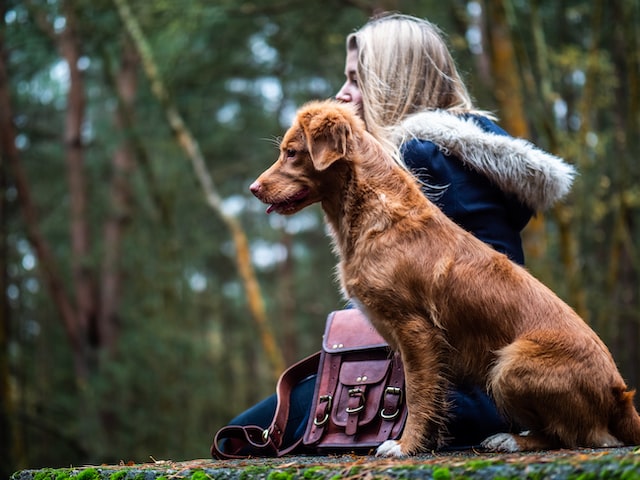
Whether it’s your first dog or you’ve had dogs before, there are several common pitfalls that owners who train their dogs tend to fall into. That’s not to say that you shouldn’t try and train your dog. Not only will you develop a better understanding of your dog and develop a strong bond with your dog, cementing your position as pack leader within the family’ pack.’ In addition, it’ll allow you and your dog to have a lot of fun!
The top 5 mistakes amateur dog trainers and owners make are presented here. The good news is that they are all easily avoided! Remember, there’s no such thing as a bad dog, just a bad owner!
1. Hitting or punishing your dog
I take my cue from a dog’s behavior in the wild. When a dog steps out of line, it will be swiftly dealt with in a pack. These dressing-downs are almost always about a show of force and don’t involve violence. Remember, your dog is happiest when it knows its place in the pack. Uncertainty leads to unhappiness. A firm grip, not a punch or a pinch, to a dog’s shoulder or neck is enough to let them know who’s boss. Make your hand into a claw, remembering not to pinch; just the firm pressure should be enough. You can back this up with a sharp noise or ‘No!’. This emulates the grip that a mother uses to scold her pups. Never, never hit your dog; fear is not a training tool. Dominate by being a strong, decisive leader, never through the threat of violence.
2. Expecting too much, too soon
Especially for those with new puppies or older rescue dogs. Remember that as soon as you lose that calm mental state and start becoming frustrated, stop the training and have some fun! I’ve seen too many people get a new puppy and expect it to understand all the basic obedience commands after a couple of hours! This will never happen. Remember to enjoy the training process; your dog will grow up quickly, so enjoy these early days and remember that a little each day is all that’s needed.
3. Inconsistency
A strong and decisive leader is key, leading to mistake number 4. Being decisive is only possible if those decisions have consistency. It is common for people to treat their dogs like humans and attribute human emotions and feelings to their beloved pets. Keep in mind that a dog won’t be able to tell the difference between being able to jump on the bed on weekends and not on the sofa. A dog needs to understand the arbitrary rules that we like to set. It’s ok to jump up on me but not on strangers. It’s ok only sometimes to stop and sit before crossing a road. A dog needs consistency; they crave that certainty that makes them feel safe under your leadership.
4. Giving up too easily
It takes 18 or so years to train a child! Many people don’t understand that dogs, especially puppies, won’t be trained overnight and tend to give up when the dog doesn’t instantly get ‘it.’ Persevere, keep calm and happy, and things will work out in the end. Just like children, some dogs require more time to pick up things; some dogs are much better at some things than others. Above all, be patient and don’t give up when things don’t seem to be going right. It tends to fall into place at some point. Expecting too much too soon is a classic mistake made by many dog owners who lose interest in training as they need to get the instant results they expect. Be patient and consistent, and you will get results.
5. Lack of understanding of your dog
By his, I mean that dogs, like humans, are all very different, but they do have some breed characteristics that, if we ignore them, can cause many issues later on. Work with your breed. If it’s a working dog, such as a border collie, ensure you provide enough mental stimulation to avoid boredom. Remember that some breeds are more difficult to train than others, and this should figure in your research and decision when choosing your dog in the first place. Research potential breeds to suit your lifestyle and training ability. If you pick a dog breed that will be challenging to train, be prepared for some hard work and maybe even professional training sessions if your efforts prove unsuccessful.